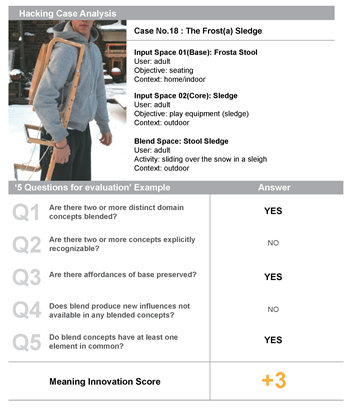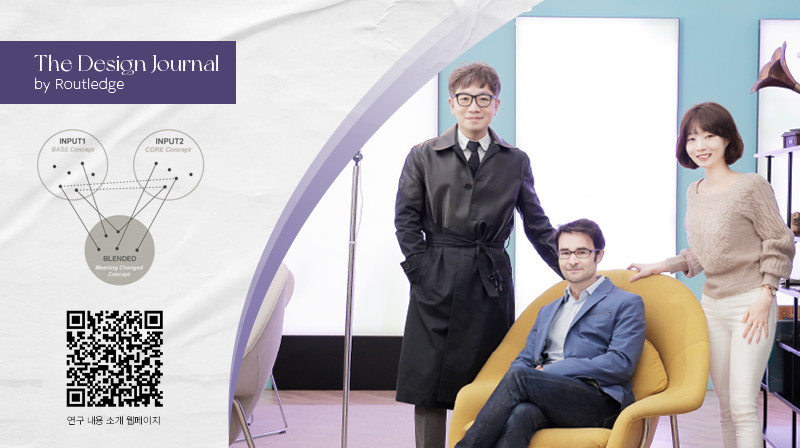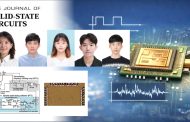An objective means to identify and assess design-driven meaning innovation (DDIM) in cases of everyday design has been developed. Amid a growing interest, surrounding how design can spur innovation, the new method is expected to provide clearer guidelines on the application of DDIM in the development of innovative designs.
A research team, jointly led by Professor Yunwoo Jeong and Professor James A. Self in the Department of Design at UNIST reported an objective means to identify and assess DDIM in cases of everyday design (ED) activity. In order to limit the scope of this initial attempt, the team applied theory from cognitive psychology (conceptual blending) to examine cases of DDIM in IKEA hacking, as an ED activity. A total of 6269 hacking cases were identified and examined. Their findings have been published in the March 2022 issue of the Design Journal by Routledge, a world-class journal in the field of design.

Figure 1. Examples of Meaning Innovation Scores. Case No. 18, +3.
Within the context of everyday design and adopting conceptual blending theory, the research team identified and assessed design-driven innovation in meaning within cases of IKEA product hacking as examples of higher-level everyday design. Conceptual blending was also used as a scaffold for a content analysis of 100 IKEA hacks to identify 60 cases of meaning change. These cases were further assessed through objective meaning innovation scores derived from conceptual blending theory. Their findings revealed that the approach has potential as an objective means to identify and evaluate design-driven meaning innovation in cases of everyday design.
“What I find so interesting about this study is that our approach has potential as an objective means to identify and evaluate design-driven meaning innovation in cases of everyday design,” says Professor Self. “Our findings are expected to provide clearer guidelines on the application of DDIM in the development of innovative designs.”
This study has been supported by the Korea Institute for Advancement of Technology (KIAT), funded by the Ministry of Trade, Industry, and Energy (MOTIE).
Journal Reference
Ga-eul Han, Yunwoo Jeong, and James Andrew Self, “Everyday design-driven innovation: Exploring meaning change in IKEA hacking,” The Design Journal, (2022).












